Hello and happy Saturday! On Wednesday, we marked the 100th day since my beloved Ohio State Buckeyes won the College Football Playoff championship, beating Notre Dame 34-23. For some people, however, that was not the biggest news to come out of January 20, 2025. While quarterback Will Howard was piling up 231 yards passing and running back Quinshon Judkins was storming into the end zone repeatedly, President Donald Trump was hopping between inaugural balls, having been sworn in for his second term earlier in the day.
Checking in on the presidency at 100 days is a time-honored tradition. A president enters the White House seeking to establish the agenda for his term and to start making good on his campaign promises. It’s always a busy time. But I think it’s safe to say that few presidents have had an eventful first 100 days as Trump has these last few months.
I will let Michael Warren sum it up:
His administration’s first major domestic undertaking, the dubious plan to cut government waste through the Department of Government Efficiency, appears to be rapidly losing support after months of goal-post moving and results embellishing. All the major stock market indices have declined significantly since the beginning of the year, largely due to Trump’s new tariff regime, which is already harming the economy in other ways. American allies feel spurned while American enemies appear emboldened. Even the most successful part of the Trump administration’s agenda, increasing border and immigration enforcement, has become mired in legal challenges thanks to some high-profile cases that suggest, at best, administrative carelessness and, at worst, defiance of the law.
Trump announced his “Liberation Day” tariffs on April 2, which prompted major sell-offs in the Dow Jones, Nasdaq, and S&P 500 indices—as well as the bond market. A week later, the president announced a pause on most of those tariffs, with the exception of those on Chinese goods, which he has kicked up to 145 percent. The U.S.imported $438.9 billion worth of goods from China in 2024.
Tariffs that high mean fewer Chinese goods will be coming into the country, and those that do will be more expensive. Trump, in fact, summed up the effects of the tariffs rather succinctly this week. “Well, maybe the children will have two dolls instead of 30 dolls, you know?” he told reporters. “And maybe the two dolls will cost a couple of bucks more than they would normally.”
In Boiling Frogs (🔒), Nick Catoggio called it “one of the most un-American ideas a president has ever had.” The American dream is about abundance, he explained, even excess. But there’s something that bothers him more: “It’s the fact that fewer, more expensive dolls and fewer, more expensive clothing options means downscale families will struggle to afford anything, in some cases perhaps forced to do without altogether. In a country governed by a scarcity mindset, it’s the working class—the people whom Trump and his movement supposedly care about—that takes it on the chin.”
One aspect of Trump’s first 100 days that Michael Warren didn’t mention in his list was Trump’s actions against law firms. He has issued a series of executive orders canceling contracts and revoking security clearances for firms such as Perkins Coie, which represented Hillary Clinton in 2016, and Covington & Burling, which employs lawyers who worked with Jack Smith while he was a special counsel. Some firms have struck deals with the administration, while others have fought him in court. (Indeed, a federal judge ruled yesterday that the executive order targeting Perkins Coie was unconstitutional.)
In a piece this week, John Wrench of the Institute for Justice explained the potential long-term implications of Trump’s targeting of law firms.
The administration’s maneuver is clever, to be sure. A sufficiently intimidated legal industry means no lawsuit, no judicial testing of executive action, no friction with the judicial branch, no losses in court, and more resources for the administration to focus into its other priorities. If enough attorneys bow out, an executive action could become effectively unreviewable. Even the most principled, engaged judge cannot address constitutional questions that never make it into court. It’s akin to blocking the main road to the courthouse, ensuring a victory by default.
In Wanderland (🔒), Kevin Williamson noted that Trump has staffed his administration with unqualified officials, from Defense Secretary Pete Hegseth to “conspiracy kook Kash Patel and his conspiracy kook deputy … Dan Bongino; conspiracy kook Robert F. Kennedy Jr.; conspiracy kook Tulsi Gabbard; weirdo mall ninja Kristi Noem” and others. And he blamed Republican lawmakers, particularly Senate Majority Leader John Thune, for lacking the will to oppose them in the confirmation process. “We are at a moment when the country urgently requires intelligent and patriotic political leadership, and John Thune refuses to provide it,” Kevin wrote. “It is impossible to say what events and challenges the future will bring. But if we cut off the timeline today, what would history have to say about John Thune? Only that, when his country was faced with dire threats to its prosperity, security, and stability, he did nothing.”
Elsewhere at The Dispatch, Jesse Singal broke news about a review of youth gender medicine conducted by the Department of Health and Human Services, David Drucker wrote about tariffs and abundance, and Jonah dove deep (deep) on the classical roots of Trump’s nationalism. Thanks for reading, and have a good weekend.
Given the tone of the executive order and the extent to which this issue helped propel Trump into the White House last fall—not to mention Kennedy Jr.’s at-best-troubled relationship with sound medical science—I fully expected HHS to produce a hackish report, perhaps one authored by cranks. But with this report, the Trump administration appears to have taken a different approach. I was shocked when I found out who was on the team of external experts commissioned by the HHS to write the report: I was familiar with almost all of them, and they were not cranks at all. They are, as expected, skeptics of rosy narratives about the efficacy of youth gender medicine, to varying degrees. But they are informed skeptics who have been deep in the weeds on these issues for a long time, and a significant number have published peer-reviewed papers on this topic.
That Americans can purchase the product of their choice among countless available domestic and foreign brands is a quintessential part of living in a free society. And yet, our leaders in Washington, D.C., have forgotten that. At least that’s what it seems like based on what they’ve been doing and the rhetoric they’ve used as justification. Not only is Trump, supported by the Republicans who control Congress, implementing tariffs that threaten to make some imports prohibitively expensive or outright unavailable, government officials are telling us that we don’t need all of those choices anyway—that it’s for our own good.
It shouldn’t surprise anyone that nationalism leads to authoritarianism, because as both a practical and psychological matter, the national will needs to be personified in a figure. It’s the only way to settle competing arguments about what needs to be done for the glory of the nation. The duce, the führer, the leader of men, becomes the avatar of the national will, the father of the organic family that is the nation. This is why nationalism so often adopts moral-equivalent-of-war arguments. The leader is a general and the people—all the people—his army. It’s no accident that Donald Trump is constantly trying to invoke war powers and declare various crises: In times of war, we get to suspend the rules for a Cincinnatus or Caesar. This is the spirit of thought and emotion that Trump draws on when he says America is just a “department store” that he runs. It’s why he thinks he should set interest rates and run the Kennedy Center’s programming.
Best of the Rest
Dinner With Donald
Trump is, unfortunately, a fellow human.
Ukrainian Mine Workers Express Hope, Skepticism About Minerals Deal
They support an arrangement that aids their nation, but worry it might be too late for one of the largest mines in Europe.
A Brief Timeline of Trump and Crypto
From NFT trading cards to family ownership in a crypto firm.
‘We’re Just Hoping the Ship Sinks’
How three small American businesses are paying the price for Trump’s tariffs.
Brendan Carr’s Bizarro World FCC
The communications agency is doing all the things it shouldn’t—and that its chairman used to stand against.
FWD: FWD: FWD: MS-13
The ‘do your own research’ administration.
After Francis, What Now for the Catholic Church?
Plus: How to remember Pope Francis and an interview with George Weigel.
David Hogg and the Bully Test
Democrats code talking their way to oblivion.
Intellectual Crisis Hotline
On lesbian gymnastics studies and Constitutional rights for chatbots.
The Arrest of Judge Hannah Dugan
Plus: David Lat joins The Dispatch extended legal universe.
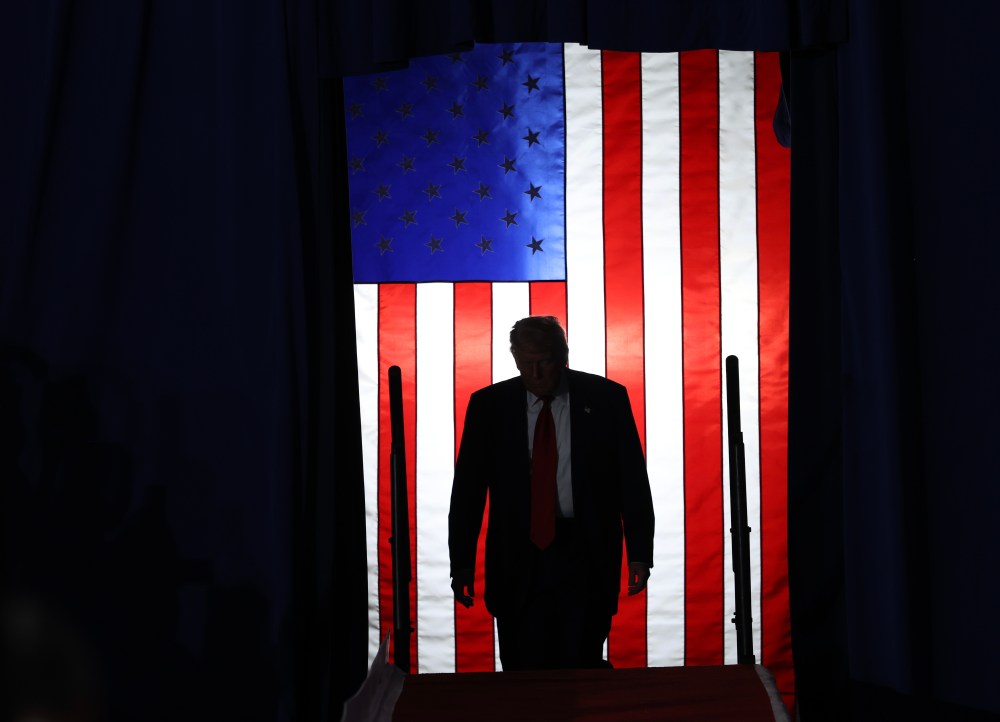

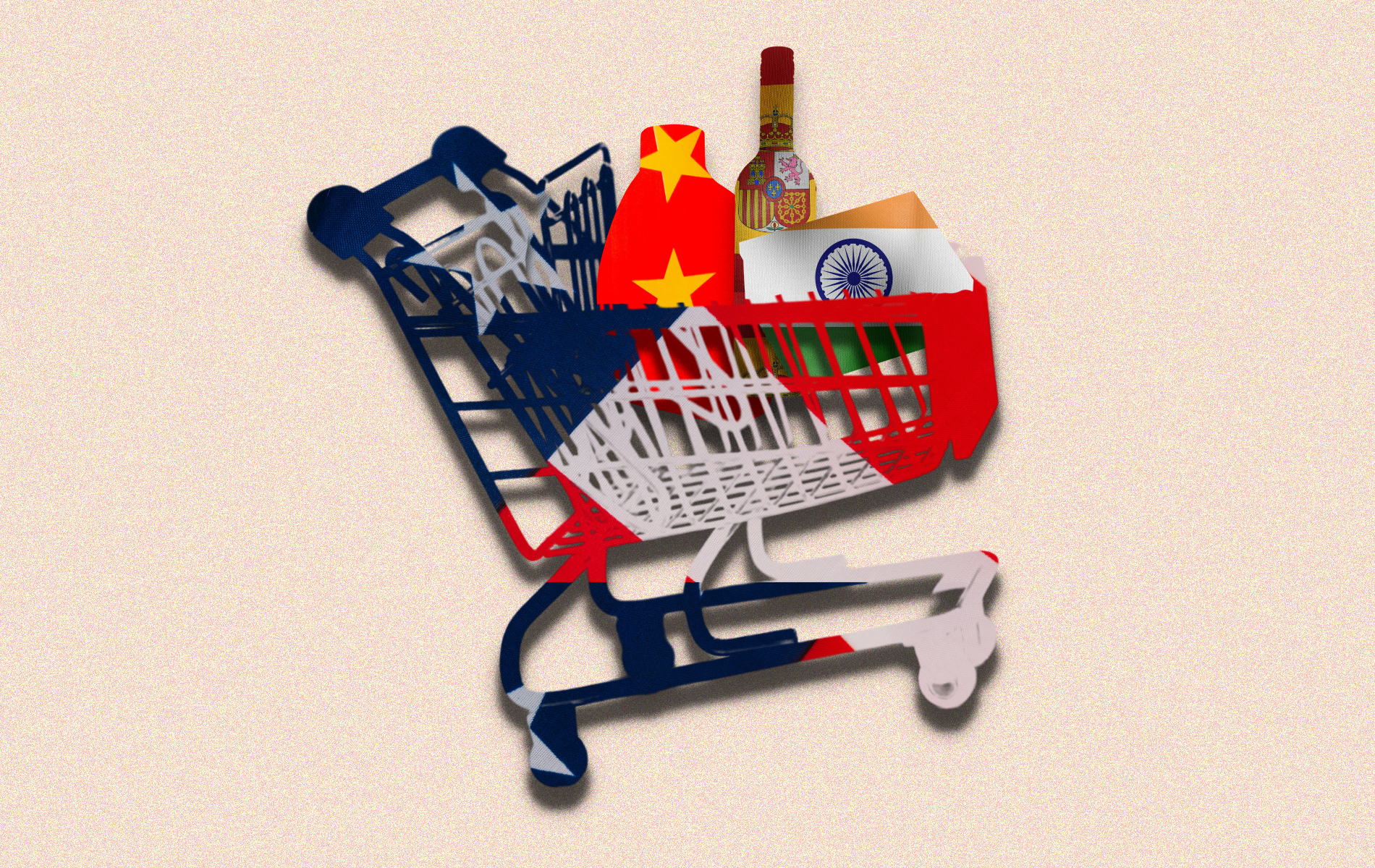
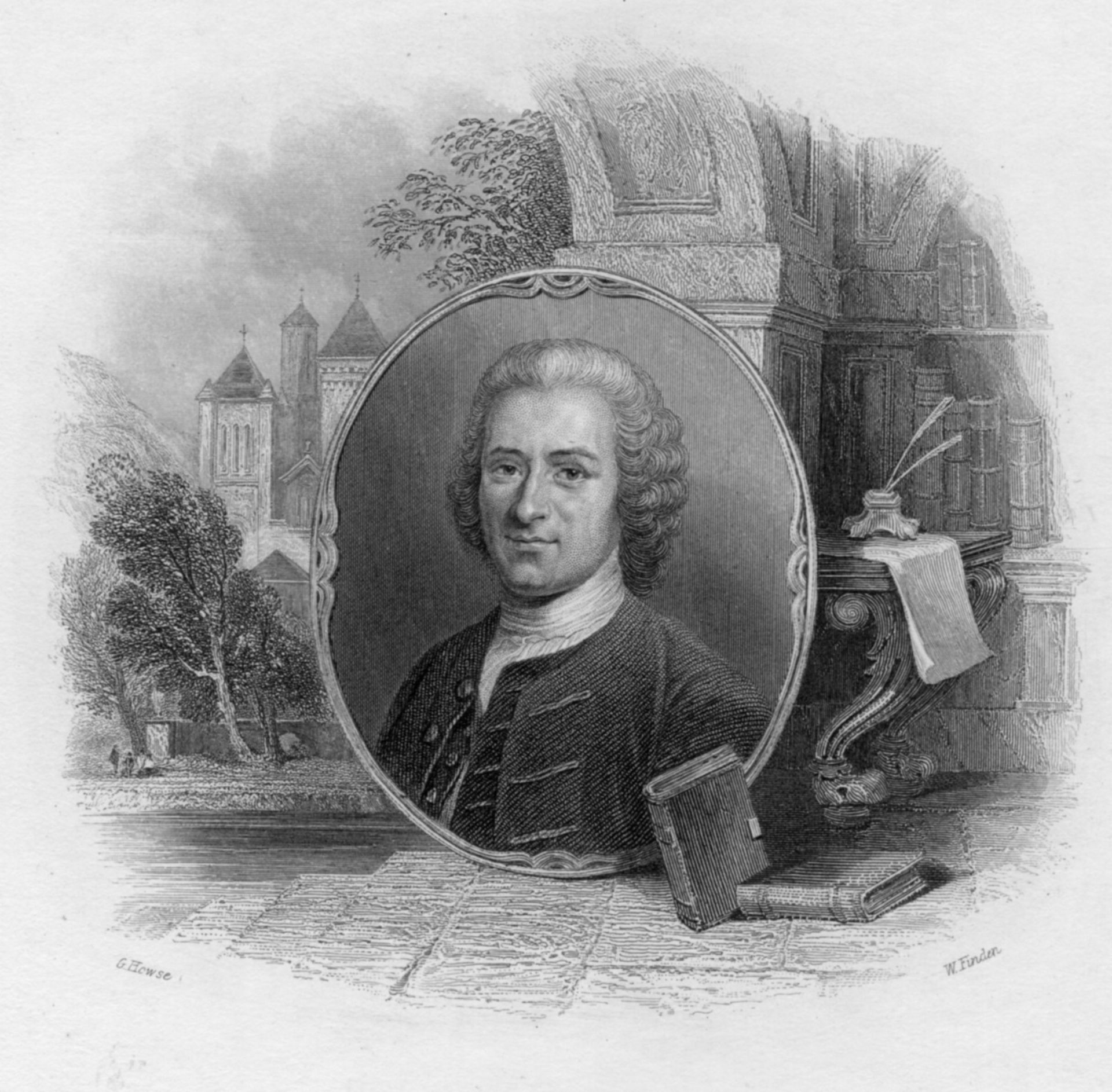


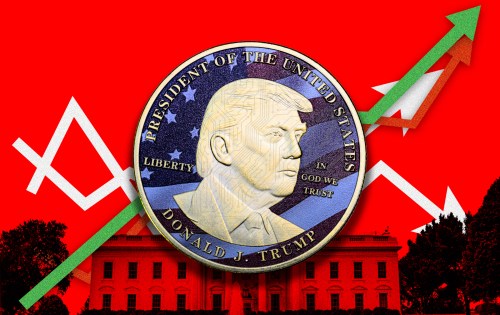
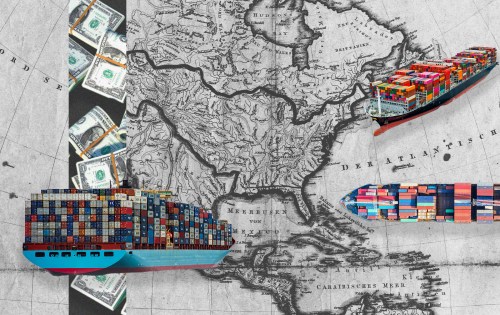
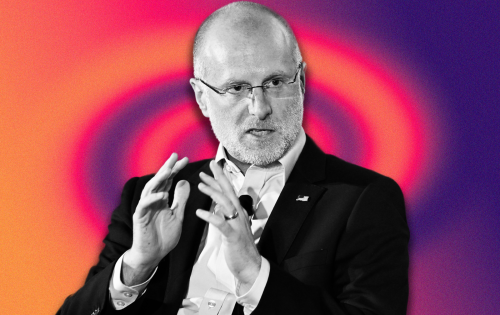
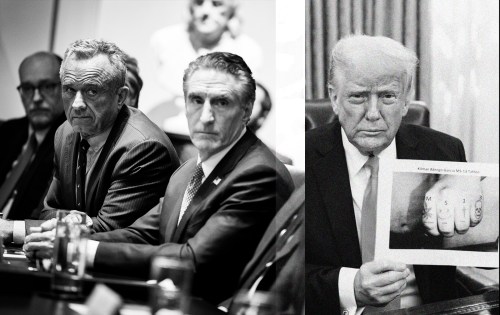

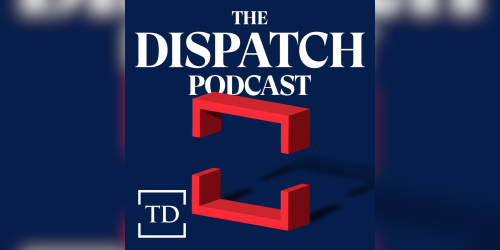
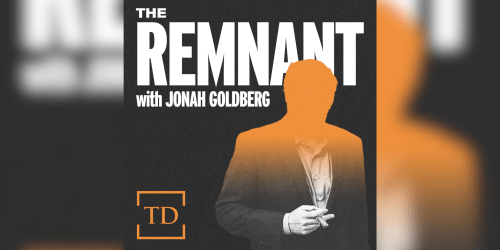
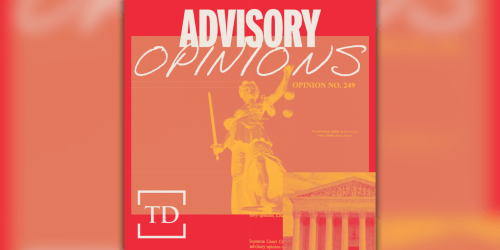


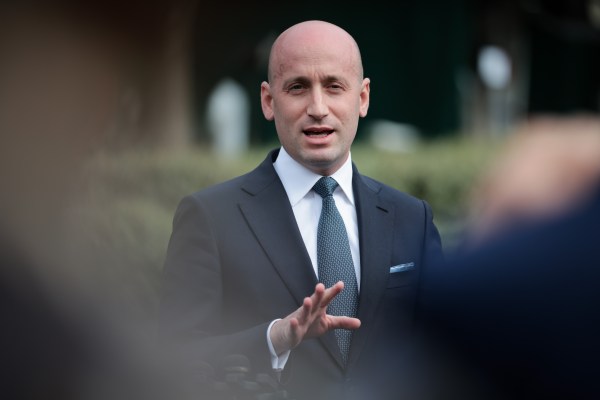
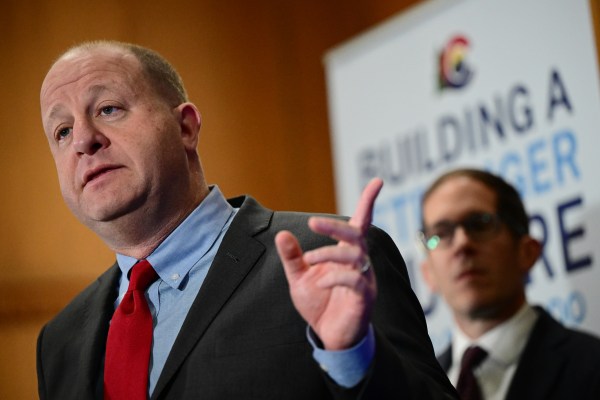

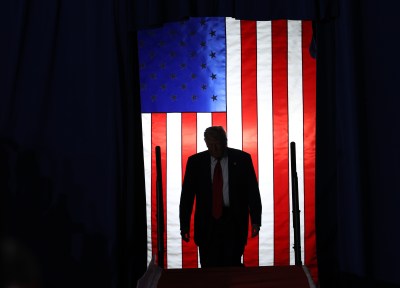
Please note that we at The Dispatch hold ourselves, our work, and our commenters to a higher standard than other places on the internet. We welcome comments that foster genuine debate or discussion—including comments critical of us or our work—but responses that include ad hominem attacks on fellow Dispatch members or are intended to stoke fear and anger may be moderated.
With your membership, you only have the ability to comment on The Morning Dispatch articles. Consider upgrading to join the conversation everywhere.